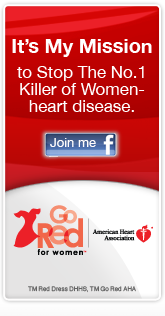
In honor of Valentine’s Day, today’s post is all about chocolate. If you already ate all the chocolates in your Whitman’s Sampler, don’t worry: chocolate can be good for your heart.
According to the Cleveland Clinic (the nations #1 heart hospital, so you can trust me here), the cocoa bean is rich in a kind of plant nutrient called flavonoids.
Flavonoids protect their plants from environmental toxins and help repair damage. When humans eat plants rich in flavonoids, we benefit from this same antioxidant process.
According to the Cleveland Clinic:
Antioxidants are believed to help the body’s cells resist damage caused by free radicals that are formed by normal bodily processes, such as breathing, and from environmental contaminants, like cigarette smoke. If your body does not have enough antioxidants to combat the amount of oxidation that occurs, it can become damaged by free radicals. For example, an increase in oxidation can cause low-density lipoprotein (LDL), also known as “bad” cholesterol, to form plaque on the artery walls.
Sweet: chocolate’s plant nutrients will help my poor arteries, which, frankly, need all the help they can get. And chocolate tastes good, so we have a winner! (Oh, and you can find these same antioxidants in cranberries, apples, peanuts, onions, tea, and red wine if for some reason you don’t like chocolate. I myself prefer my dark chocolate with red wine, so I’m getting extra credit.)
Of course, the article warns that all things are good only in moderation. You want minimally processed chocolate as dark as you can find it. (Milk chocolate doesn’t really count.) And then eat only about 1 oz. a few times a week. I’m interpreting a “few” to mean almost every day.
Happy Hearts Day! Enjoy your treat and treat your heart well!
P.S. Before you go, try this fun quiz about chocolate: Check your Choc-o-holic IQ. (One of the questions: which part of a chocolate bunny do most people eat first?)



Recent Comments